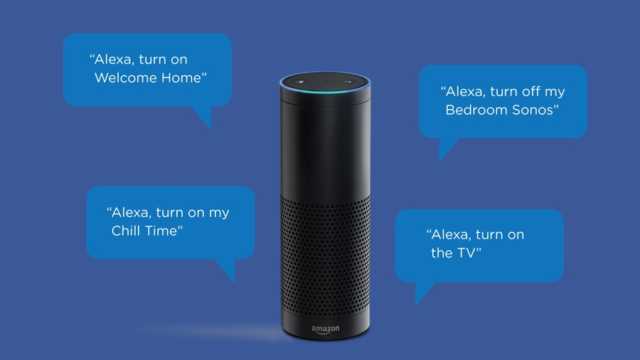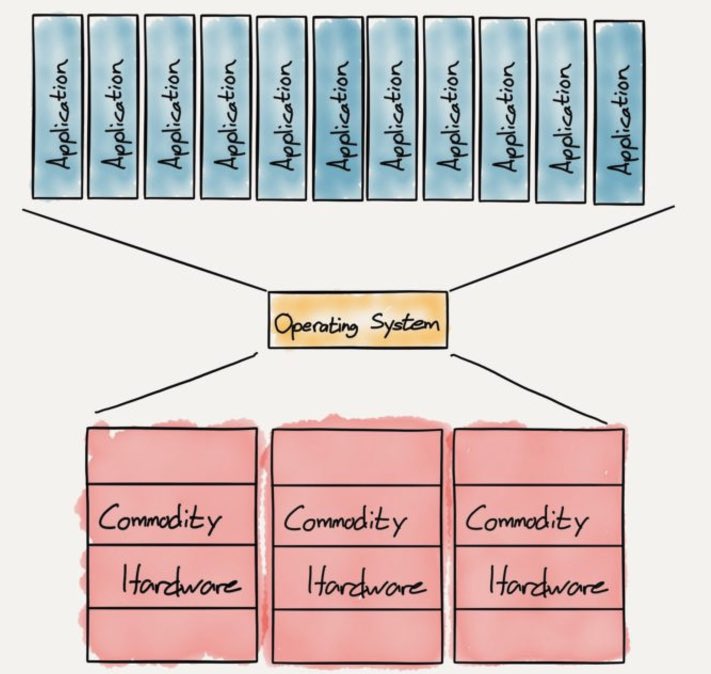

Short Bytes: Amazon’s Alexa virtual assistant is no longer limited to its Echo speaker. Instead, it has grown to become the operating system of home appliances, lights, watches, cars, and other gadgets. At CES 2017, dozens of other companies announced their plans to work with Alexa. Surprisingly, Android smartphone maker Huawei also shared its plans to let Alexa show some magic tricks on its flagship phone. This stealth growth is due to its simpler Skills framework.
Without a doubt, Windows has affected our lives in a massive way. It showed us how powerful an operating system can be. It has ruled the PC market for more than 2 decades and supported Microsoft Office and Azure lineup. Over the time, after mobile operating systems the companies are busy building operating systems for connected devices.
After making one of the worst phones — Amazon Fire — in recent times, Amazon launched Amazon Echo that turned out to be an exciting product.
Alexa — Amazon’s operating system for home
Amazon Echo is powered by Alexa, company’s voice enable virtual assistant, which is being developed by Amazon to become an operating system for your home. In terms of speed and accuracy, Alexa has been impressive from day one.
To improve it, the company created a simple “Skills” framework that lets the smart devices to connect to each other. As the Alexa-powered devices can be controlled using a strict verbal framework, which is a lot different from Siri and Cortana’s attempt to interpret natural language, it is simpler to adopt.
Today, Alexa has over 7,000 Skills, which are like downloadable apps that enable Alexa to perform new tasks.
As a result of this growth, at this year’s CES, Alexa stealthily took over the smart home at CES. It has turned out to become the operating system of cars, watches, refrigerators, and a lot more. As pointed out in a Stratechry article, it has all qualities of an operating system one would expect —
- Different kinds of hardware manufacturers are launching Alexa-enabled devices. This will improve quality and lower down the prices.
- Alexa’s fast adoption is creating the conditions for a moat — the devices are more expensive than software and long lasting. This means that any person who buys something that’s Alexa-enabled is less likely to switch.
Surprisingly, Chinese Android smartphone maker Huawei also announced that its flagship handset will come with an app that’ll give access to Alexa.
Alexa has a couple of other major advantages over its competitors. Google doesn’t have a business model for its voice assistant and Apple depends on its iPhone business. On the other hand, Amazon doesn’t need to do anything fancy. Tons of purchases happen at home and Alexa might become a big part of that.
Did you find this article on Amazon Alexa interesting? Don’t forget to share your views in the comments section.
[Source:-fossbytes]

